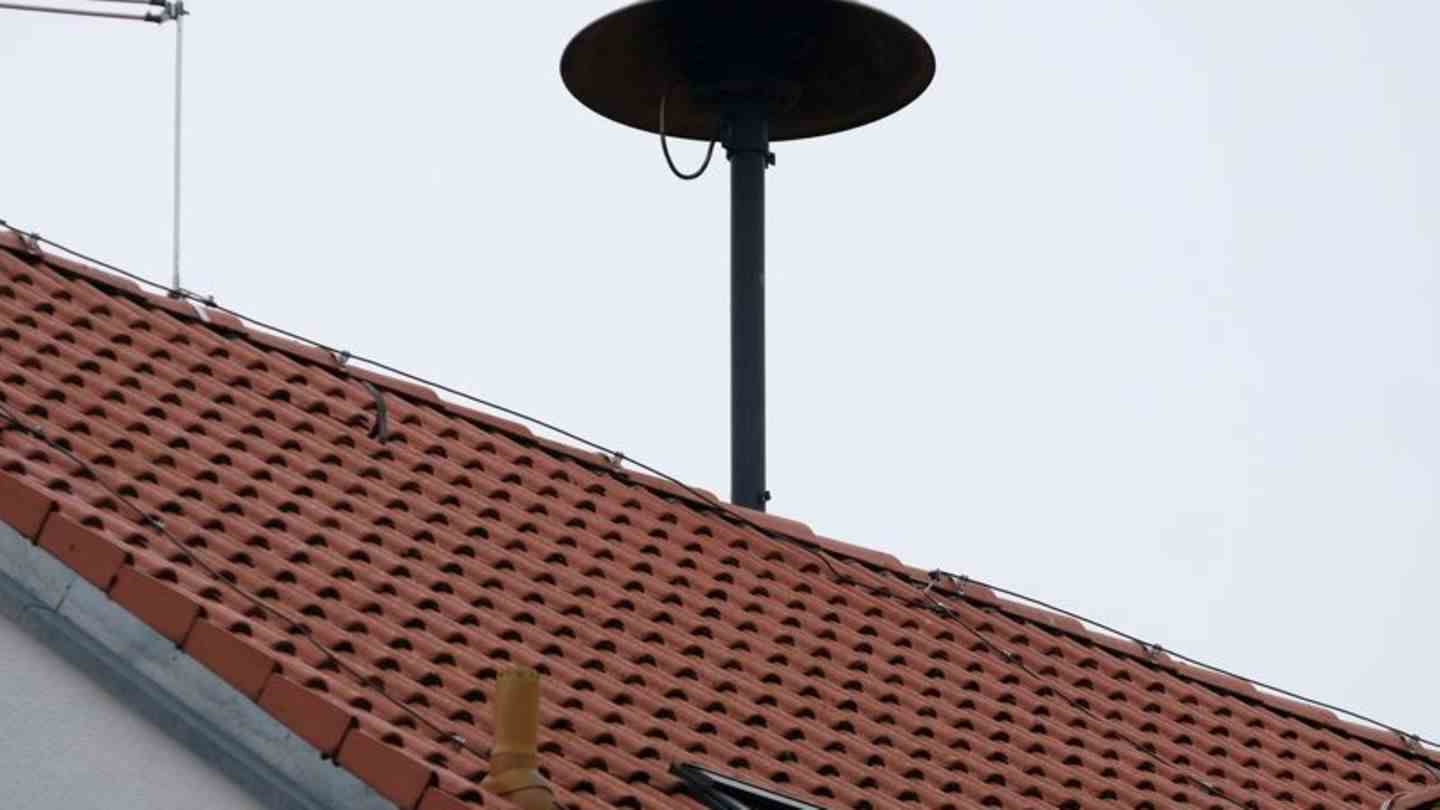Germany
Majority has made no provisions for emergencies
Only around 16 percent of Germans have stocks of food and medicines at home or have taken care of devices for generating or storing electricity (symbolic photo). Photo: Stephan Jansen/dpa
© dpa-infocom GmbH
Prepared for possible emergencies where you have to stay at home for a longer period of time? The majority of Germans answer this question with “no”.
More than two-thirds of Germans have neither stocked up nor made other preparations for possible emergencies. This is the result of a representative survey by the opinion research institute YouGov on behalf of the German Press Agency.
Almost half (47 percent) of the more than 2,000 respondents stated that he or she had not taken any special precautions, but still felt prepared for emergencies. Another 22 percent of the adults surveyed replied: “I have not taken any special precautions and do not feel prepared.”
Only around 16 percent of Germans have stocks of food and medicines at home or have taken care of devices for generating or storing electricity. Eight percent of those who took part in the survey said they had taken special personal precautions for emergencies, but still felt they were not adequately prepared. Six percent of those surveyed gave no information or had no opinion on the subject.
Faeser: “It makes sense to stock up at home”
Federal Minister of the Interior Nancy Faeser (SPD) recently said in an interview with the “Handelsblatt” with regard to possible cyber attacks on critical infrastructure: “If the power actually goes out for a longer period of time or daily life is restricted in some other way, then it’s over In any case, it makes sense to have an emergency supply at home.” She referred to a corresponding checklist from the Federal Office for Civil Protection and Disaster Assistance (BBK).
The Bonn authority, which recently also took care of the transfer of corona patients and war casualties from Ukraine in its situation center, reports to Faeser’s ministry. It currently has no boss, as its president, Armin Schuster, was named Saxony’s new interior minister in April. “The importance of civil protection has increased significantly in view of the corona pandemic, last year’s flood disaster and future climate impacts as well as the Russian war of aggression against Ukraine,” said a spokesman for the Federal Ministry of the Interior. The management of the BBK will therefore be replaced quickly.

